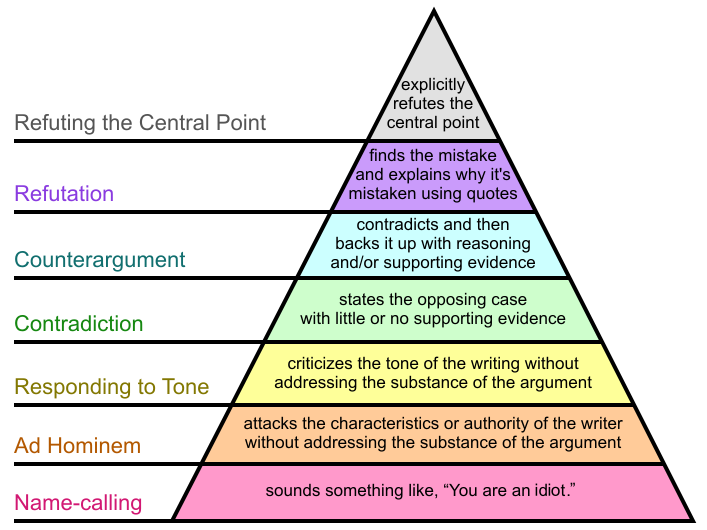Saturday, May 23, 2020 4:27:53 PM
The second reason is brand new as of Wednesday, but is of critical importance. Calabria's inclusion of a separate CET1 capital standard, which includes common but not preferred equity, clearly signals two things:
1) The capital raise will be mostly or all commons. I have said that not doing so would cause the capital structure to be too pref-heavy, and Calabria's CET1 standard proves this correct. This post I wrote last year, especially point #5, is looking rather prescient on this count in light of the new capital rule.
2) A junior-to-common conversion is beneficial because while it doesn't add to core (tier 1) capital, it does add to CET1 capital.
The third reason is the most important of all. Since the capital raise will have to be at least mostly commons, those new common shareholders will want as little liquidation and dividend preference in front of their new commons as possible. Converting the existing juniors is a costless way to eliminate $33B of the former and $2B of the latter. If I were a re-IPO investor, I would insist on there being a conversion of the existing juniors first.
The only party with any power that might object is Treasury, because the conversion would dilute its warrant shares; I don't see the juniors agreeing to a conversion while the warrants are outstanding. However, Treasury allowed its Citi warrants to be diluted by a pref-to-common conversion, and Treasury has other ways to make money in the recap and release process than maximizing the value of its warrant shares at all costs; commitment fees on the backstop are the biggest one.
In light of the second and third reasons, no others are needed. Calabria and Mnuchin have both said that a conversion is possible, and it will quickly become apparent (once prospective re-IPO investors are consulted) that it will be necessary for recap and release.
VHAI - Vocodia Partners with Leading Political Super PACs to Revolutionize Fundraising Efforts • VHAI • Sep 19, 2024 11:48 AM
Dear Cashmere Group Holding Co. AKA Swifty Global Signs Binding Letter of Intent to be Acquired by Signing Day Sports • DRCR • Sep 19, 2024 10:26 AM
HealthLynked Launches Virtual Urgent Care Through Partnership with Lyric Health. • HLYK • Sep 19, 2024 8:00 AM
Element79 Gold Corp. Appoints Kevin Arias as Advisor to the Board of Directors, Strengthening Strategic Leadership • ELMGF • Sep 18, 2024 10:29 AM
Mawson Finland Limited Further Expands the Known Mineralized Zones at Rajapalot: Palokas step-out drills 7 metres @ 9.1 g/t gold & 706 ppm cobalt • MFL • Sep 17, 2024 9:02 AM
PickleJar Announces Integration With OptCulture to Deliver Holistic Fan Experiences at Venue Point of Sale • PKLE • Sep 17, 2024 8:00 AM







